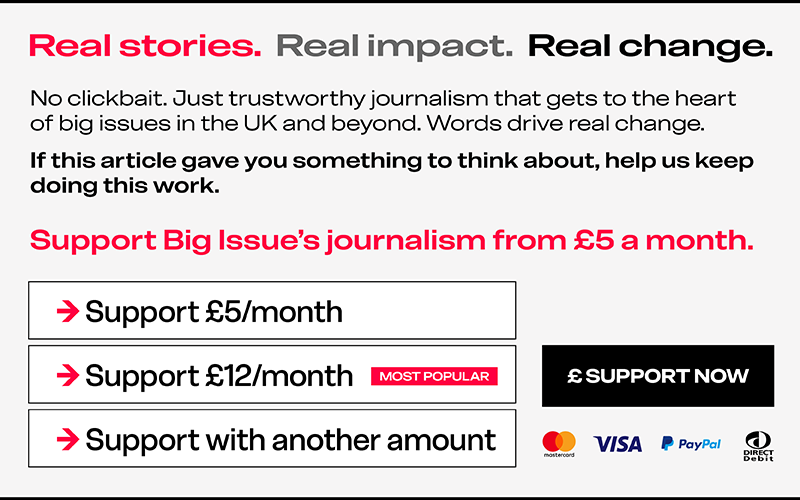Survivors of modern slavery and human trafficking, exploited for another person’s gain, often live with the impact of this abuse alone. Yet, many survivors of modern slavery and trafficking face needless barriers to accessing mental health support, despite international law dictating that they should be able to access help. New research by After Exploitation shows that only 4% of adults referred as potential victims of trafficking and slavery are getting counselling through the Home Office-run modern slavery victim care contract (MSVCC).
In my experience, as a survivor of sexual exploitation and as a mental health practitioner, I know that evidence burdens on survivors are preventing them from getting the help they need. Home Office-funded counselling for victims of trafficking and modern slavery through the Modern Slavery Victim Care Contract (MSVCC) is not easy to access. In my case, I was told I needed to provide evidence of long waiting times on the NHS and to secure paperwork from my GP. It took months for my GP to write the letter. By this time, my support worker said the Home Office will reject the evidence for being “out of date”. I came to a dead end and still have not received counselling through the MSVCC.
Sadly, my case is not unique. The Home Office expects survivors to provide evidence of NHS waiting times before agreeing to pay for counselling the survivor needs. This is a huge barrier to getting help. If you are struggling to get out of bed in the morning due to complex trauma, it is no ‘simple’ task to gather all the paperwork currently expected of survivors. At work, I see survivors who are debilitated by their mental health, experiencing psychosis, PTSD, daily panic attacks, waking nightmares, severe depression and more. Yet the UK is expecting survivors, often in unstable living situations like hostels or shelters, to have filing cabinets organised with everything they need. It is not realistic.
To make matters worse, charities report that survivors are only ‘eligible’ for counselling by the Home Office if their mental health symptoms are ‘directly linked’ to the exploitation. Complex trauma is tough to unpick, and it is impossible to know what symptoms are caused by exploitation or related issues like hardship, family issues, or not having safe and secure housing.
In response to After Exploitation’s findings, the Independent Anti-Slavery Commissioner (IASC) called the low rate of counselling provided to survivors “unacceptable” and recognised that “survivors should not be forced to navigate complex bureaucracy or prove the unprovable to access basic mental health support”, but this issue has not yet been addressed by the government.
Read more:










